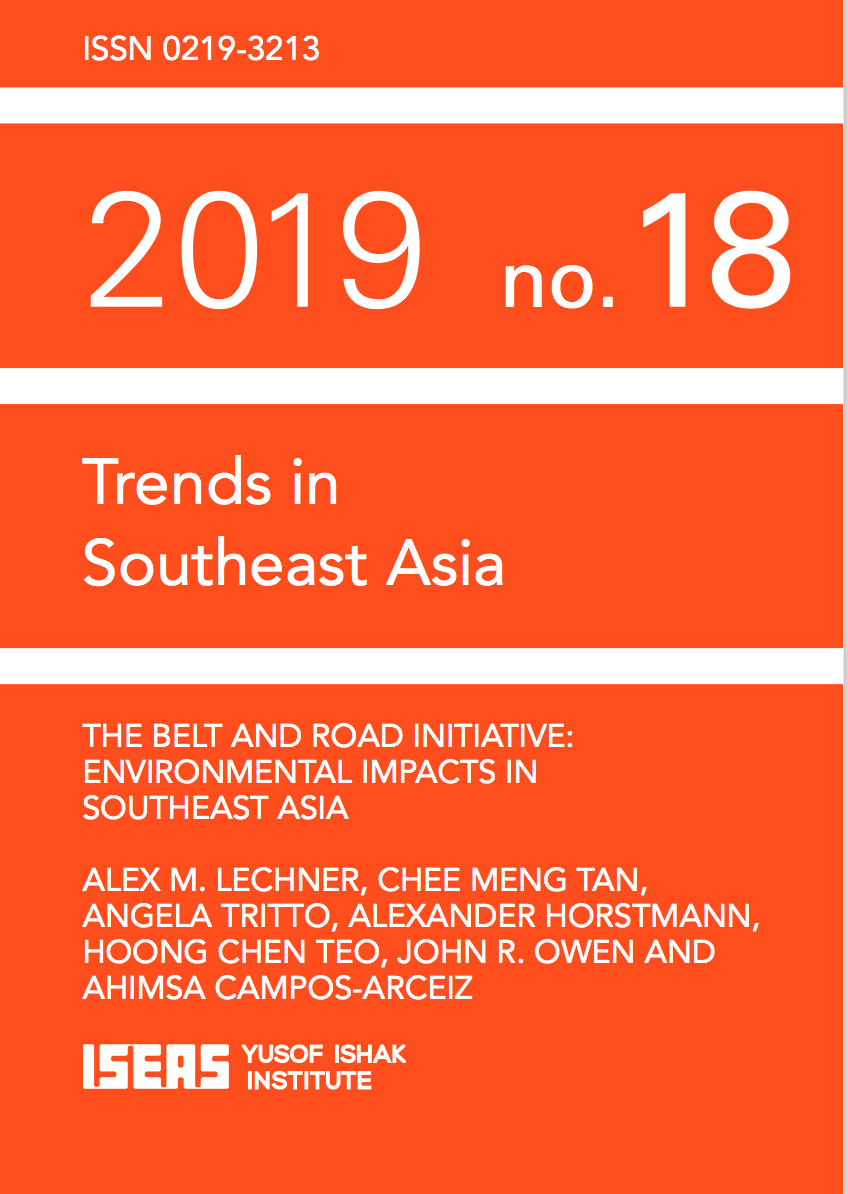The Trends in Southeast Asia series serves as in-depth analysis of contemporary geopolitical and socio-economic forces in the region. The series is written for policymakers, diplomats, scholars and students of the region with emphasis on empirical and observable trends, and less on theory-building or historical accounts of events.
The aim of Trends is to offer concrete accounts of the dynamism in the region as transnational processes impact local communities, national governments as well as bilateral and foreign relations. Subjects that are of interest to the series are national elections; economic patterns and growth; demographic changes and their social implications; migratory patterns; religious and ethnic trends; bilateral relations and geopolitics in the region in relation to the larger powers of Japan, China and the US. This series undergoes a peer-review process.













